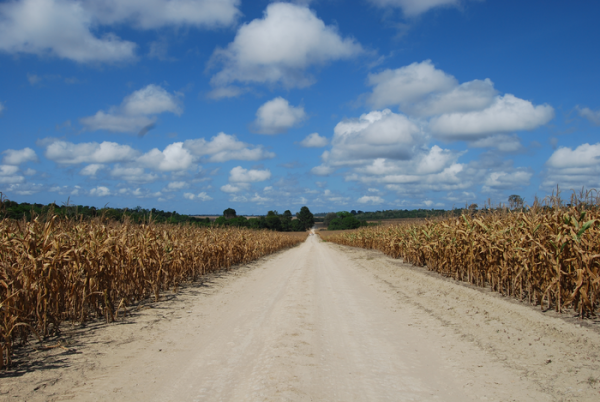A major study into landscape changes in the Brazilian Amazon sheds new light on the many environmental threats the biome faces – but also offers encouraging opportunities for ecological sustainability in the world’s most biodiverse tropical forest.
The study’s findings are critical because as the Amazon moves closer towards a ‘tipping point’, they provide a robust evidence base to inform urgently needed conservation and regeneration priorities in the forest. They show that gains can be achieved through a range of actions – including, but not limited to, halting deforestation.
The research, which is published today in the scientific journal ‘Proceedings of the National Academy of Sciences’ (PNAS), was conducted by an international team of scientists from Brazil and the UK. They examined the ecological impacts caused by changes people are making to forest landscapes in two regions of the Brazilian State of Pará – Santarém and Paragominas.
Read more at: Lancaster University
Large-scale agriculture in the Brazilian Amazon. (Photo credit: Erika Berenguer)


